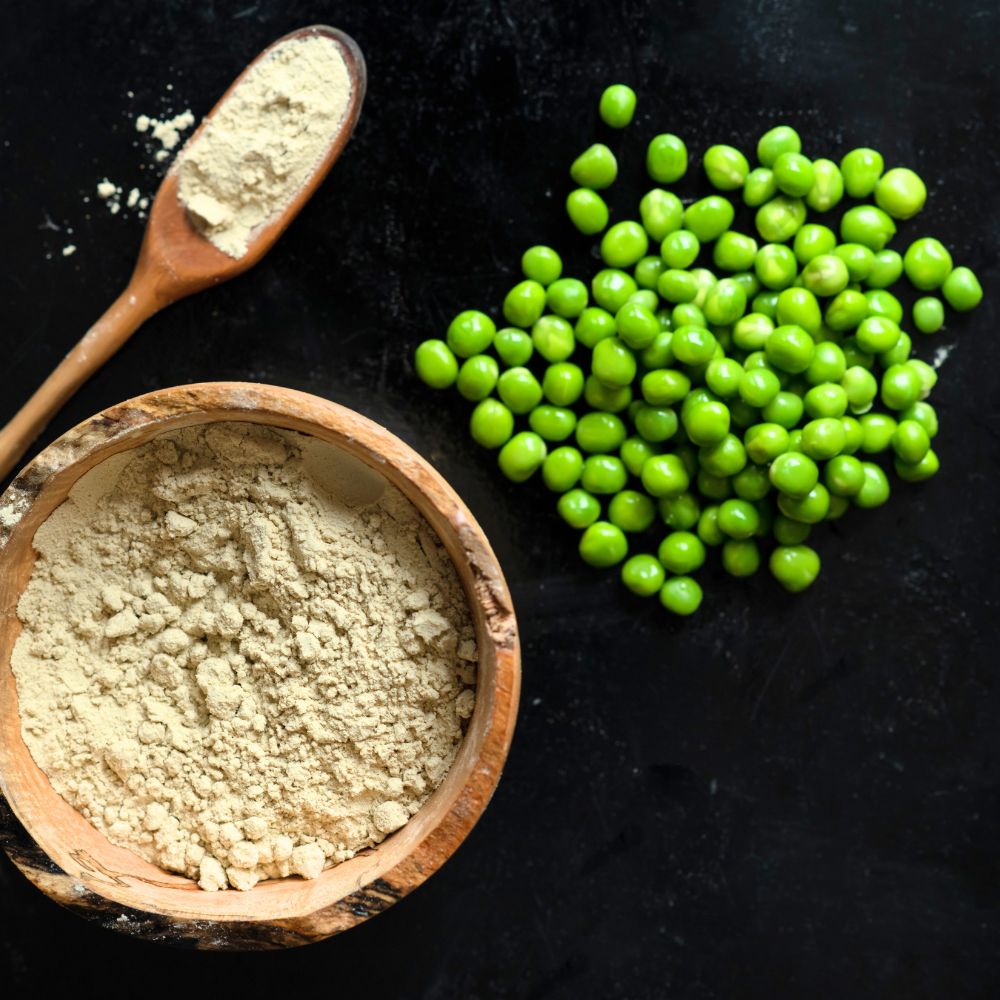As the popularity of plant-based diets continues to rise, many athletes and fitness enthusiasts are exploring plant-based protein shakes as an alternative to traditional whey protein. So are these plant-based options as effective for recovery? In this article, we’ll compare plant-based protein sources to whey protein and discuss their effectiveness in muscle recovery.
Understanding Protein for Recovery
Protein plays a key role in muscle recovery post exercise. After a workout, the body requires amino acids to repair muscle fibers, promote muscle growth, and replenish energy stores. The type and quality of protein consumed can influence the recovery process.
Whey Protein: The Gold Standard
Whey protein, derived from milk, is one of the most popular protein supplements. It is favored for several reasons:
- Complete Protein: Whey protein has all nine essential amino acids, making it a complete protein source.
- Fast Digestion: Whey is quickly absorbed by the body, allowing for rapid delivery of amino acids to muscles post-workout.
- High Leucine Content: Whey protein is particularly high in leucine, an amino acid that plays a key role in stimulating muscle protein synthesis (MPS).
Plant-Based Protein Sources
Plant-based protein sources include a variety of options, such as pea, rice, hemp, and soy protein. Each has unique characteristics:
1. Pea Protein
- Profile: Pea protein is rich in branched-chain amino acids (BCAAs), but lacks methionine, making it slightly less complete than whey.
- Effectiveness: Studies suggest that pea protein can effectively promote muscle recovery and MPS, especially when combined with other protein sources.
2. Rice Protein
- Profile: Rice protein is easily digestible, but is low in lysine, an essential amino acid.
- Effectiveness: While it can aid recovery, it is best used in conjunction with other protein sources to ensure a complete amino acid profile.
3. Soy Protein
- Profile: Soy protein is a complete protein and contains all essential amino acids. It also has a high leucine content, similar to whey.
- Effectiveness: Research indicates that soy protein can effectively support muscle recovery and growth, making it a strong contender in plant-based options.
4. Hemp Protein
- Profile: Hemp protein contains healthy fats and fiber, but is lower in protein content compared to other sources.
- Effectiveness: While beneficial for overall nutrition, it may not be the most effective standalone protein for muscle recovery.
Comparing Effectiveness in Muscle Recovery
Amino Acid Profile
Whey protein has a complete amino acid profile and high levels of leucine, which are critical for MPS. Most plant-based proteins lack one or more essential amino acids, but combining different sources (like rice and pea protein) can create a complete profile.
Digestion and Absorption
Whey protein is rapidly absorbed, which is ideal for post-workout consumption. Some plant-based proteins may digest more slowly, but this can vary based on the individual and the specific protein source.
Research and Studies
Studies indicate that plant-based proteins can be as effective as whey protein for muscle recovery when consumed in adequate amounts. For instance, research comparing pea protein to whey found that both resulted in similar increases in muscle thickness and strength when combined with resistance training.
Conclusion
Plant-based protein shakes can be effective for recovery, especially when sourced from a variety of protein types to ensure a complete amino acid profile. While whey protein remains a popular choice due to its fast absorption and complete amino acid profile, plant-based options like soy and a combination of pea and rice protein can provide similar benefits for muscle recovery. Ultimately, the best protein source depends on individual dietary preferences and needs. Whether you choose plant-based or whey, the key is to consume adequate protein post-workout to support recovery and performance.

